The Commission for Conciliation, Mediation and Arbitration (CCMA) was designed to be South Africa’s workplace safety net—a place where employees and employers could resolve disputes fairly and efficiently. But what happens when the safety net itself is torn?
Recent newspaper reports reveal a troubling reality: the CCMA is limping under severe budget cuts, leaving thousands of cases in limbo and forcing parties to wait months, sometimes years, for resolution. This isn’t just a bureaucratic inconvenience—it’s a crisis that potentially affects every South African workplace.
The collapse didn’t happen overnight. It’s been reported that budget constraints have led to the closure of service centers in communities where workers need them most and that part-time commissioners have been laid off, creating massive backlogs. What was once a streamlined process has become a bureaucratic nightmare where justice delayed often means justice denied.
For unscrupulous employers, this creates an opportunity to cut corners on fair process, knowing that any challenge will face significant delays. For employees, it means that even legitimate grievances may go unresolved for extended periods, affecting both their financial security and workplace relationships.
The solution isn’t to abandon the system entirely, but rather to adapt our approach with a two-pronged strategy: stay out when possible, and maximize efficiency when you can’t.
For Employers: The most effective strategy is robust internal dispute resolution. This means implementing grievance processes that aren’t just impressive on paper but actually work in practice. Employees need to trust these processes, understand how they work, and see real results.
Consider private dispute resolution clauses in employment contracts. While the CCMA process is free, the delays and uncertainty may make private mediation and/or arbitration a worthwhile investment, particularly for higher-earning employees who can contribute to costs.
For Employees: Your rights haven’t disappeared because the CCMA is struggling. However, this crisis demands strategic thinking. Exhaust internal processes first. If your employment contract includes private dispute resolution mechanisms, use them. The CCMA should be your last resort, not your first port of call.
When internal processes fail and CCMA referral becomes necessary, both parties have a responsibility to use the system efficiently:
Get the Basics Right: Complete referral forms accurately and completely. Incorrect contact details or vague dispute descriptions waste precious time and resources. If you’re claiming unfair discrimination, understand what that means legally and what you will need to prove—don’t tick boxes without understanding their implications.
Time Matters: Stick to statutory timelines. You have 30 days from dismissal to refer unfair dismissal disputes, and 90 days for unfair labor practices. Miss these deadlines, and you’ll need a condonation application, which should be comprehensive and well-motivated.
Come Prepared: If your matter is set down for conciliation or arbitration, treat it seriously. For an arbitration or a con/arb bring witnesses and prepare documentation. For a conciliation understand what resolution you’re seeking and why. The limited resources mean you may only get one opportunity.
Beyond procedural fixes, this crisis calls for a fundamental shift in workplace culture. William Thomson, a part-time Senior CCMA Commissioner and mediation expert, advocates for workplace mediation as a mechanism to advance economic development, social justice, and labor peace.
His vision involves parties developing “relationship pledges, charters, compacts and declarations of good faith” to engage more meaningfully in the workplace. This isn’t just idealistic thinking—it’s a practical necessity when external systems are overwhelmed.
Workplaces with strong collaborative cultures, open communication, and respectful interactions naturally generate fewer external disputes. The investment in building these cultures pays dividends not just in reduced legal costs, but in productivity, employee satisfaction, and business reputation.
The CCMA crisis isn’t temporary—it’s a wake-up call for how we handle workplace relationships in South Africa. While we hope for systemic improvements, smart employers and employees are already adapting.
This means investing in internal dispute resolution mechanisms, training staff in conflict management, and fostering workplace cultures where problems are solved collaboratively rather than adversarially.
The question isn’t whether the CCMA will eventually recover, but whether South African workplaces will emerge stronger from this crisis by taking greater responsibility for managing their own relationships and conflicts.
The CCMA crisis affects everyone, but it doesn’t have to paralyze your workplace. By focusing on prevention, understanding your options, and using available resources efficiently, both employers and employees can navigate this challenging period successfully.
The goal isn’t just to survive the crisis—it’s to build better workplaces that rarely need external intervention because they’ve mastered the art of internal resolution. In many ways, this crisis might be exactly the catalyst South African workplaces need to mature beyond their reliance on external dispute resolution.
The Commission for Conciliation, Mediation and Arbitration (CCMA) was designed to be South Africa’s workplace safety net—a place where employees and employers could resolve disputes fairly and efficiently. But what happens when the safety net itself is torn?
Recent newspaper reports reveal a troubling reality: the CCMA is limping under severe budget cuts, leaving thousands of cases in limbo and forcing parties to wait months, sometimes years, for resolution. This isn’t just a bureaucratic inconvenience—it’s a crisis that potentially affects every South African workplace.
The collapse didn’t happen overnight. It’s been reported that budget constraints have led to the closure of service centers in communities where workers need them most and that part-time commissioners have been laid off, creating massive backlogs. What was once a streamlined process has become a bureaucratic nightmare where justice delayed often means justice denied.
For unscrupulous employers, this creates an opportunity to cut corners on fair process, knowing that any challenge will face significant delays. For employees, it means that even legitimate grievances may go unresolved for extended periods, affecting both their financial security and workplace relationships.
The solution isn’t to abandon the system entirely, but rather to adapt our approach with a two-pronged strategy: stay out when possible, and maximize efficiency when you can’t.
For Employers: The most effective strategy is robust internal dispute resolution. This means implementing grievance processes that aren’t just impressive on paper but actually work in practice. Employees need to trust these processes, understand how they work, and see real results.
Consider private dispute resolution clauses in employment contracts. While the CCMA process is free, the delays and uncertainty may make private mediation and/or arbitration a worthwhile investment, particularly for higher-earning employees who can contribute to costs.
For Employees: Your rights haven’t disappeared because the CCMA is struggling. However, this crisis demands strategic thinking. Exhaust internal processes first. If your employment contract includes private dispute resolution mechanisms, use them. The CCMA should be your last resort, not your first port of call.
When internal processes fail and CCMA referral becomes necessary, both parties have a responsibility to use the system efficiently:
Get the Basics Right: Complete referral forms accurately and completely. Incorrect contact details or vague dispute descriptions waste precious time and resources. If you’re claiming unfair discrimination, understand what that means legally and what you will need to prove—don’t tick boxes without understanding their implications.
Time Matters: Stick to statutory timelines. You have 30 days from dismissal to refer unfair dismissal disputes, and 90 days for unfair labor practices. Miss these deadlines, and you’ll need a condonation application, which should be comprehensive and well-motivated.
Come Prepared: If your matter is set down for conciliation or arbitration, treat it seriously. For an arbitration or a con/arb bring witnesses and prepare documentation. For a conciliation understand what resolution you’re seeking and why. The limited resources mean you may only get one opportunity.
Beyond procedural fixes, this crisis calls for a fundamental shift in workplace culture. William Thomson, a part-time Senior CCMA Commissioner and mediation expert, advocates for workplace mediation as a mechanism to advance economic development, social justice, and labor peace.
His vision involves parties developing “relationship pledges, charters, compacts and declarations of good faith” to engage more meaningfully in the workplace. This isn’t just idealistic thinking—it’s a practical necessity when external systems are overwhelmed.
Workplaces with strong collaborative cultures, open communication, and respectful interactions naturally generate fewer external disputes. The investment in building these cultures pays dividends not just in reduced legal costs, but in productivity, employee satisfaction, and business reputation.
The CCMA crisis isn’t temporary—it’s a wake-up call for how we handle workplace relationships in South Africa. While we hope for systemic improvements, smart employers and employees are already adapting.
This means investing in internal dispute resolution mechanisms, training staff in conflict management, and fostering workplace cultures where problems are solved collaboratively rather than adversarially.
The question isn’t whether the CCMA will eventually recover, but whether South African workplaces will emerge stronger from this crisis by taking greater responsibility for managing their own relationships and conflicts.
The CCMA crisis affects everyone, but it doesn’t have to paralyze your workplace. By focusing on prevention, understanding your options, and using available resources efficiently, both employers and employees can navigate this challenging period successfully.
The goal isn’t just to survive the crisis—it’s to build better workplaces that rarely need external intervention because they’ve mastered the art of internal resolution. In many ways, this crisis might be exactly the catalyst South African workplaces need to mature beyond their reliance on external dispute resolution.


